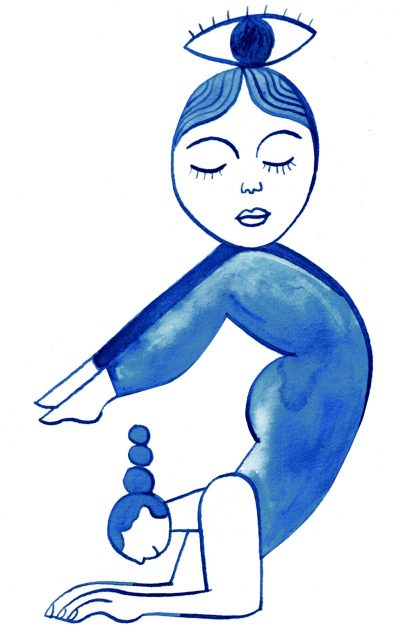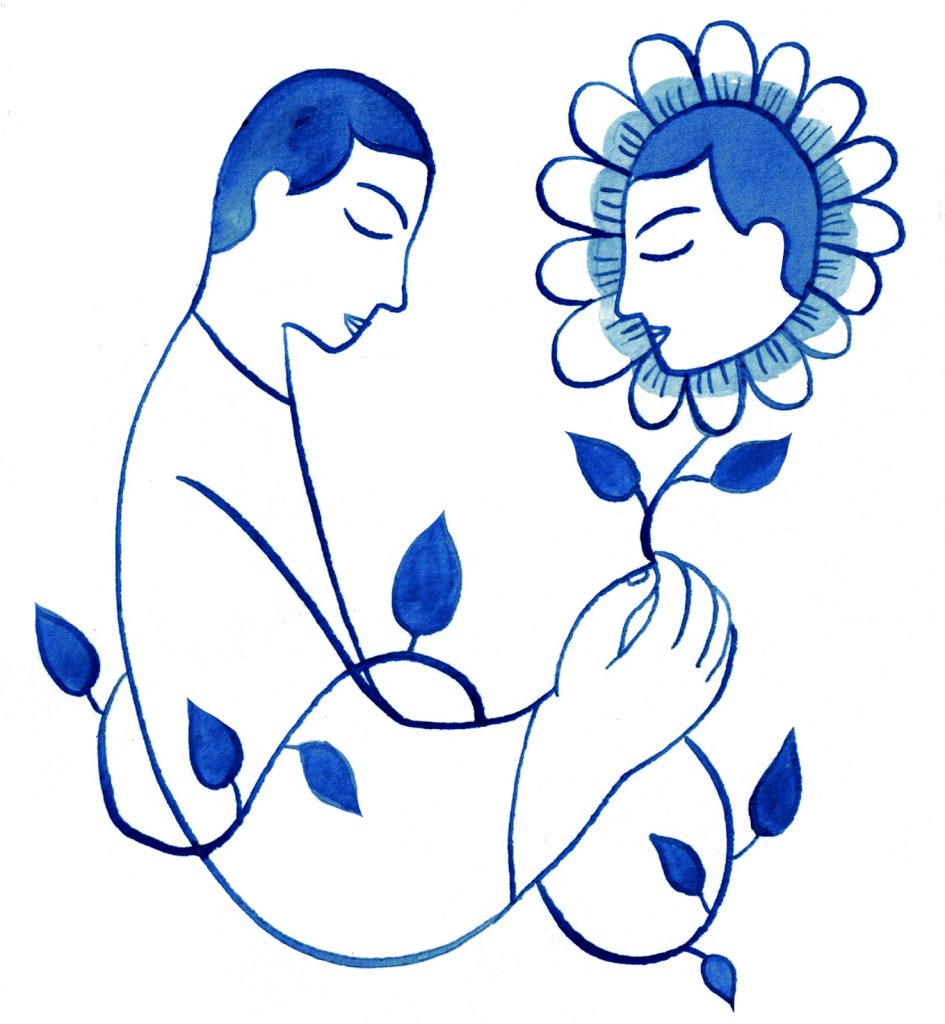Equanimity (Pali, upekkha; Skt., upeksha) is one of those über-qualities in Buddhism. It’s the last quality of the ten paramis, the four immeasurables, and the seven factors of enlightenment, and is both the result of and support for the hard work required in spiritual practice. Equanimity is stability and equipoise in the face of life’s changes and challenges—an unshakable ease that doesn’t rely on the need for things to go our way but instead arises from understanding and accepting things as they are. Equanimity accommodates opposites, resolving the apparent duality expressed by the Serenity Prayer (“Grant me the serenity to accept the things I cannot change”) and Angela Davis’s rephrasing (“I am no longer accepting the things I cannot change. I am changing the things I cannot accept.”) In other words, upekkha is neither indifference nor passivity. It doesn’t imply resignation. To be equanimous means to be deeply caring and to support that care with bright wisdom and fierce determination. It means to remain unmoved in the face of the eight worldly winds of gain and loss, honor and dishonor, praise and blame, pleasure and pain, so that we can focus our energy and strength on love and compassion and justice and respect—very simply, on what matters most.
- “Equanimity is the ground for wisdom and freedom and the protector of compassion and love. While some may think of equanimity as dry neutrality or cool aloofness, mature equanimity produces a radiance and warmth of being.” –Gil Fronsdal

- Tip: Although equanimity is often referred to as a “cool” quality, it’s never cold or aloof. Notice the warmth that springs from a true sense of acceptance that’s free of bias, desire, and aversion.
- “Equanimity contains the complete willingness to behold the pleasant and the painful events of life equally. It points to a deep balance in which you are not pushed and pulled between the coercive energies of desire and aversion.” –Shaila Catherine
- “Every moment of mindfulness is also a moment of equanimity. It is not a disengagement from the object of awareness but rather a full and complete engagement with it.” –Andrew Olendzki
 Tip: Pay close attention to your own quality of attention. Notice if and when you disengage or grow distant and mistake this for equanimity. Remind yourself that upekkha isn’t indifference but stability. To get close to your experience again, ask yourself, “How does this feel?”
Tip: Pay close attention to your own quality of attention. Notice if and when you disengage or grow distant and mistake this for equanimity. Remind yourself that upekkha isn’t indifference but stability. To get close to your experience again, ask yourself, “How does this feel?”- “Through equanimity, we fortify ourselves with nonfear, with compassion, with acceptance. We cultivate the strength to face reality without being crushed by it.” –Kaira Jewel Lingo
♦
Editor’s note: This is the tenth installment of Pocket Paramis, our series on the ten perfections: generosity, ethical conduct, renunciation, wisdom, energy, patience, truthfulness, determination, lovingkindness, and equanimity. A printable version is available here.
Thank you for subscribing to Tricycle! As a nonprofit, we depend on readers like you to keep Buddhist teachings and practices widely available.
